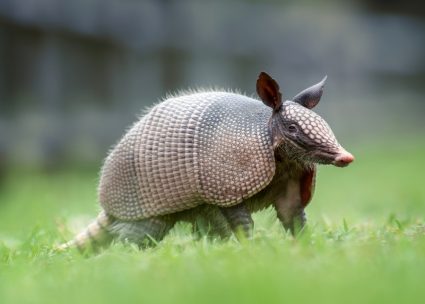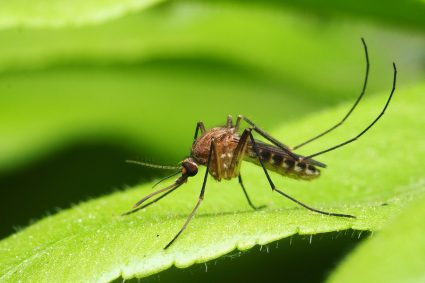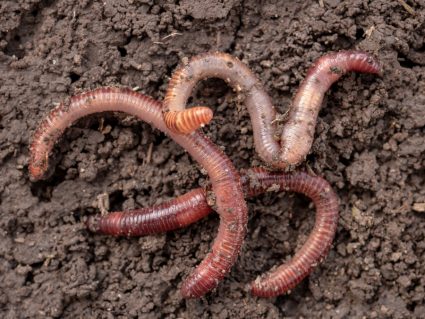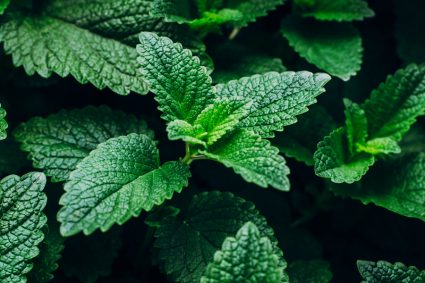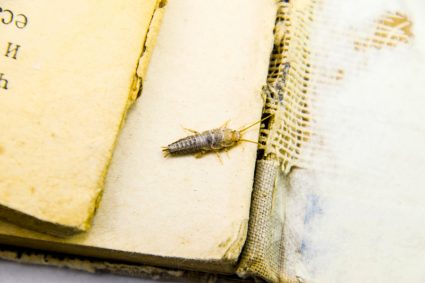
There is nothing more bothersome than the incessant buzz of mosquitoes and flies when you’re trying to enjoy a peaceful evening in your garden. Not only are these insects annoying, but they can also carry diseases. While there are many commercial repellents available, many people are turning to nature for a more eco-friendly and potentially safer alternative. So, which plants keep mosquitoes and flies away? Let’s dive in and explore.
Several plants are known to keep mosquitoes and flies away due to their natural fragrances and compounds. Some of these include lavender, marigolds, citronella grass, catnip, rosemary, basil, scented geraniums, mint, lemon balm, sage, eucalyptus, bee balm, floss flower, peppermint, bay laurel, carnivorous plants, pennyroyal, allium, and nasturtiums. These plants can be grown in your garden or placed in pots around your outdoor seating areas and doorways to help keep these insects away naturally.
The Power of Plants
Several plants are known to repel mosquitoes and flies due to their natural fragrances and compounds. Some of the most effective plants for repelling these insects include:
- Lavender
- Marigolds
- Citronella grass
- Catnip
- Rosemary
- Basil
- Scented geraniums
- Mint
- Lemon balm
- Sage
- Eucalyptus
- Bee balm
- Floss flower
- Peppermint
- Bay laurel
- Carnivorous plants
- Pennyroyal
- Allium
- Nasturtiums
These plants can be grown in your garden or placed in pots around your outdoor seating areas and doorways to help keep mosquitoes and flies away naturally. Keep in mind that some of these plants may be toxic to pets, so it’s essential to check for any warnings before planting them in your garden or home.
How Do These Plants Repel Insects?
These plants repel mosquitoes and flies primarily through their natural fragrances, which are unpleasant or unattractive to these insects. For example, basil can repel flies and moths in addition to mosquitoes. Lavender is known to repel mosquitoes, fleas, flies, and moths due to its fragrance. Some plants, like mint, also produce chemicals that disrupt and destroy mosquito larvae, making it harder for mosquitoes to breed near them.
Effectiveness of Plant-Based Repellents
Compared to commercial repellents, plant-based repellents generally provide shorter protection times and may be less effective overall. However, plant-based repellents can still be a viable alternative for those who prefer eco-friendly and potentially safer options.
Plant Care and Maintenance
To properly care for and maintain your plants, ensure they receive at least 4-6 hours of sunlight every day, water them appropriately, keep humidity levels balanced, fertilize periodically, and perform regular plant maintenance, such as pruning and removing dead or dying foliage.
Positioning Plants for Optimal Effect
Place the plants in and around areas where you spend the most time outdoors, such as seating areas, patios, and entryways. Use a combination of plants with repellent properties for a more effective result. Crush the leaves of these plants to release more of their natural oils and enhance their mosquito-repelling properties.
Conclusion
While natural plant-based repellents may not be as effective as commercial repellents like DEET, they can still provide some protection against mosquitoes and flies, especially for short periods or in situations where arthropod bites are primarily a nuisance. Plus, they add beauty to your garden and fill the air with pleasant scents. So why not give these plants a try and enjoy a more peaceful, bug-free outdoor experience?
Frequently Asked Questions
Are these plants safe for all pets?
While many of these plants are safe for pets, some can be toxic if ingested in large amounts. For example, pennyroyal can be toxic to dogs and cats. Always research specific plants and consult with a veterinarian if you’re unsure.
Do these plants repel other insects as well?
Yes, many of these plants repel other types of insects. For example, Marigolds are known to repel aphids and nematodes, while Lavender can deter moths and fleas.
How long do these plants take to grow?
The growth rate of these plants depends on the specific plant and the growing conditions. For example, Mint and Basil can grow quickly, often becoming fully grown in a few weeks, while plants like Lavender and Rosemary may take several months to reach full size.
Do I need to crush the leaves of these plants for them to be effective?
Crushing the leaves of these plants can help to release their natural oils and enhance their insect-repelling properties. However, even without crushing the leaves, these plants can still be effective in repelling mosquitoes and flies.
Can I use these plants inside my home to repel mosquitoes and flies?
Yes, many of these plants can be grown in pots and placed inside your home. However, make sure the plants receive enough light and proper care to thrive indoors.

